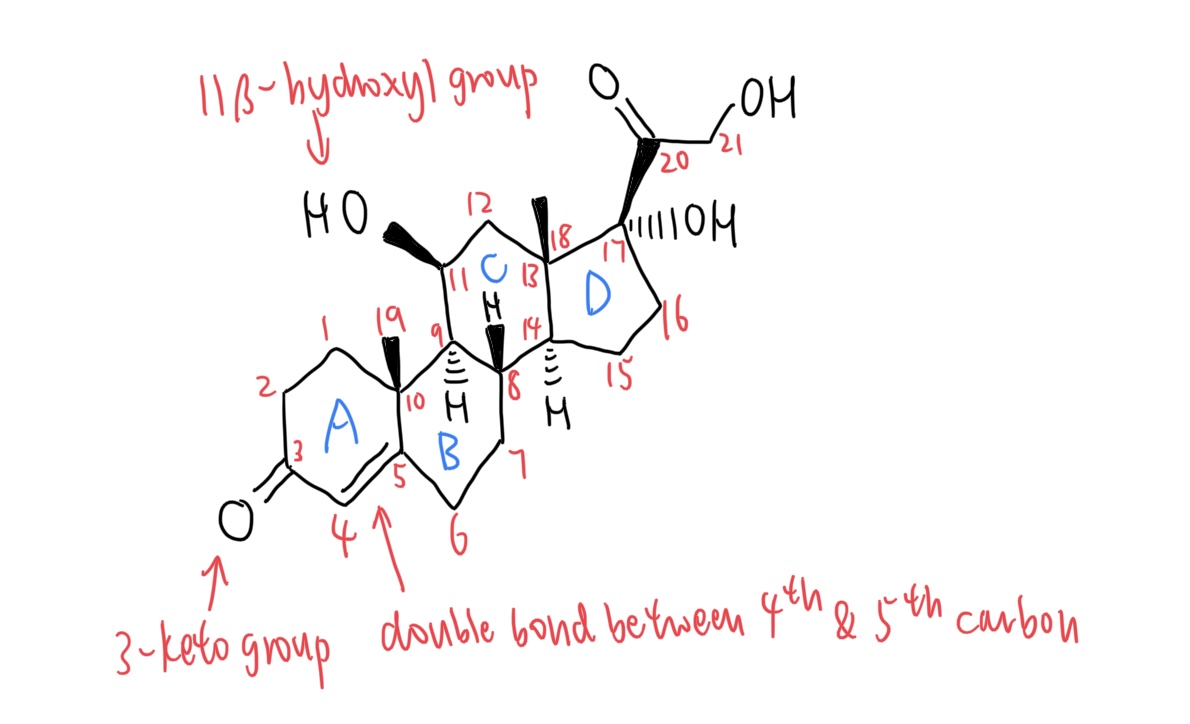| name | Hydrocortisone Cream |
| Classification | Topical Glucocorticoid |
| Pharmacokinetics | Hydrocortisone is a potent corticosteroid that exerts its anti-inflammatory effect by interacting with intracellular receptors. After topical application, it is absorbed into the skin in a dose-dependent manner. The extent of systemic absorption is generally low, but factors such as the concentration of the cream, the area of application, the duration of treatment, and the skin's integrity can influence absorption. The drug is primarily metabolized in the liver. |
| suggested dosage | Apply a thin film of hydrocortisone cream to the affected area 1-4 times daily as needed. The exact dosage will depend on the severity and location of the skin condition. A lower dosage (e.g., 0.5%) and/or reduced frequency may be appropriate for less severe conditions. Consult a healthcare professional for specific instructions. |
| indications | Hydrocortisone cream is used to treat a variety of inflammatory skin conditions such as eczema, psoriasis, allergic contact dermatitis, insect bites, and rashes. It works by reducing inflammation and itching. |
| safety in pregnancy | Hydrocortisone cream is generally considered safe for use during pregnancy, but it's crucial to use it only as prescribed by a healthcare professional. Avoid large areas of application and prolonged use. Always inform your doctor if you are pregnant or plan to become pregnant. |
| safety in breastfeeding | Hydrocortisone cream may be used during breastfeeding, but it's important to use the smallest effective dose for the shortest time possible. Apply the cream to the affected area and avoid contact with the nipple. Breast milk may contain small amounts of the drug, but usually, this is not harmful. Consult with your healthcare provider before use. |
| side effects | | 1 | Skin irritation (e.g., redness, burning, itching, dryness) | | 2 | Skin atrophy (thinning of the skin) | | 3 | Striae (stretch marks) | | 4 | Telangiectasia (small dilated blood vessels on the skin) | | 5 | Acne | | 6 | Hirsutism (excessive hair growth) | | 7 | Systemic effects (rare, especially with high doses or extensive application): Increased blood sugar, sodium retention, potassium loss, adrenal suppression (if used chronically). |
|
| alternatives | |
| contraindications | | 1 | Known hypersensitivity or allergy to hydrocortisone or any of the ingredients in the cream | | 2 | Skin infections (bacterial, fungal, viral) that are not being treated | | 3 | Uncontrolled hypertension |
|
| interactions | Hydrocortisone cream may interact with other topical medications. Inform your doctor about any other medications, including over-the-counter drugs or supplements, you are taking. Systemic corticosteroids may enhance the effect of hydrocortisone. |
| warnings and precautions | | 1 | Avoid contact with eyes. | | 2 | Do not use on large areas of the body or for prolonged periods without consulting a doctor. | | 3 | Monitor for signs of skin irritation or infection. If they occur, discontinue use and consult a healthcare professional. | | 4 | Use caution in patients with compromised immune function. |
|
| additional information | For optimal results, follow the prescribed dosage and application instructions carefully. If symptoms persist or worsen, consult with a healthcare professional. |
| patient details | |

